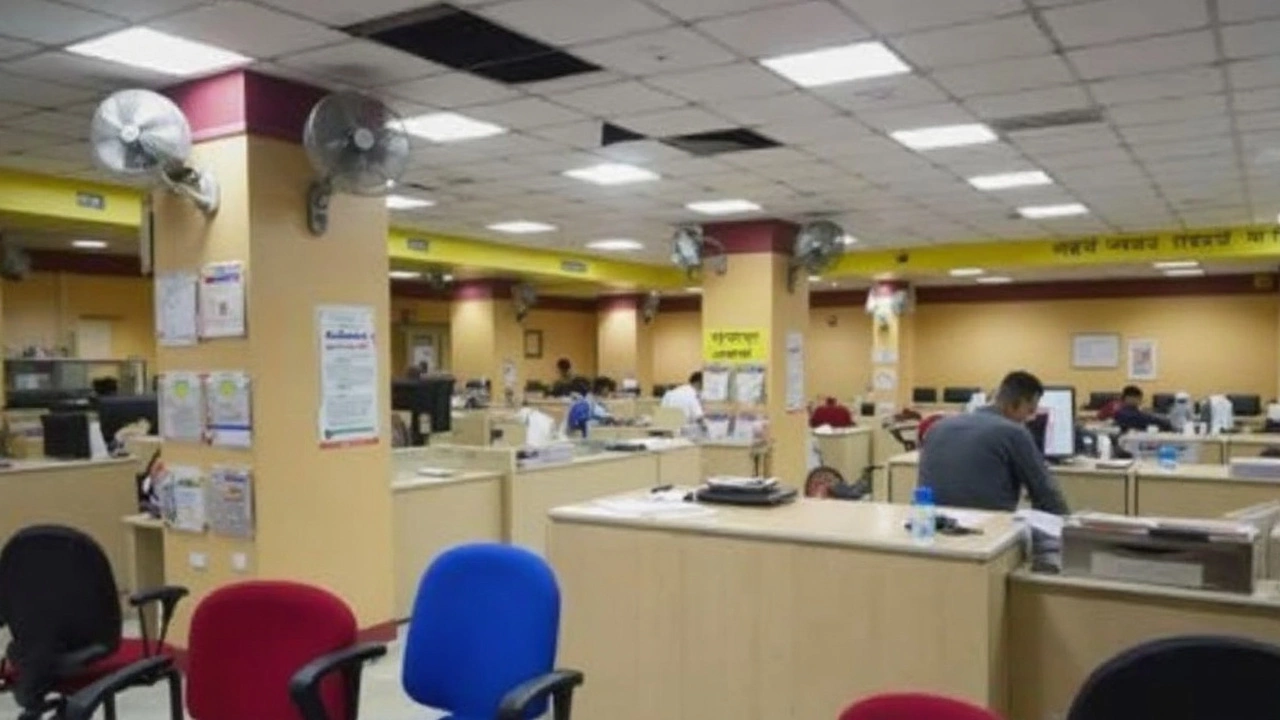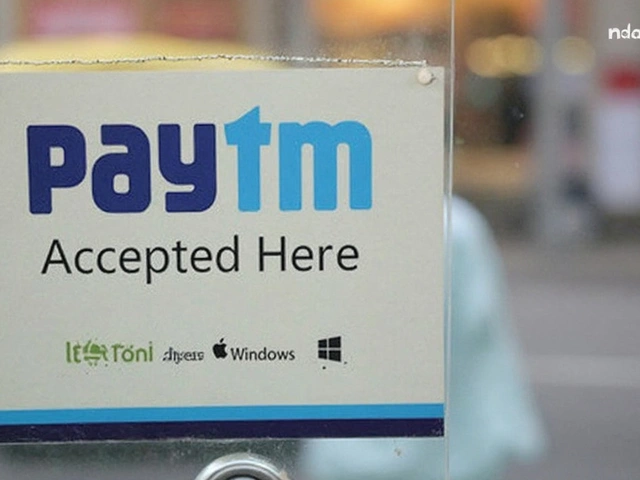Banks in Uttarakhand to Shut Down for Four Consecutive Days
For most people in Uttarakhand, running to the bank for cash or paperwork is a routine chore. But this week, things are about to get a lot trickier. Public and private sector banks are bracing for a four-day shutdown beginning with a two-day strike called by the United Forum of Bank Unions (UFBU)—an umbrella group for various bank employees’ unions. Since the strike is scheduled right before the weekend, Uttarakhand will see its banking network out of action from Thursday to Sunday with doors reopening only on Monday.
The timing has packed an extra punch. Not only will in-person services like cash withdrawals, cheque deposits, and loan processes stop, but with bank holidays overlapping the strike, there’s little breathing space for urgent workarounds. People who rely on their neighborhood bank branch need to wrap up any crucial transactions before the shutdown hits. Even those who usually depend on ATM withdrawals and digital payments might encounter issues, as past strikes have often led to ATMs running dry or minor glitches in online banking services.

Why Are Bank Workers Striking and How Will Customers Cope?
The reason behind the strike is a set of unresolved grievances over pay hikes, job security, and working conditions—issues that the UFBU has flagged repeatedly in discussions with the government and bank managements. Although the exact demands haven’t been spelled out publicly this time, recent disputes have centered on wage revisions and new transfer policies. The UFBU has warned before that if demands remain unaddressed, bank staff are prepared for larger, more frequent walkouts in the future. The current strike is seen as part of a larger push across India, but Uttarakhand will feel the disruption more keenly because of its smaller city and rural branch network.
People have been urged to act fast. Those who need to get cash, deposit a cheque, or handle loan paperwork are being told to finish up immediately. Traditional cash-dependent folks—senior citizens, small shopkeepers, and daily wage earners—may have to rely on whatever cash they have on hand until branches open again. Digital transactions, while usually unaffected, can stall if there are glitches in clearing or if bulk salary payments get held up due to the strike. And although top banks promise they’ll keep ATMs loaded, past events show it’s common for machines to run dry during extended closures like this.
- If you’ve got bills, fees, or EMIs due in these four days, don’t assume automatic payments will always work—there’s a risk of delays.
- Those who transfer large sums or do business banking should be extra careful to complete urgent transactions before the closure starts.
- Branches in rural Uttarakhand may take longer to normalize once operations restart, so people in remote areas may see even more delays.
Bank authorities and state officials have both shared the same message: sort out your bank work as soon as possible and plan ahead for these four cash-strapped days. The strike may be routine for bank employees, but for regular people, it’s a reminder of just how quickly everyday life can grind to a halt when banks stop working—even for just a few days.



